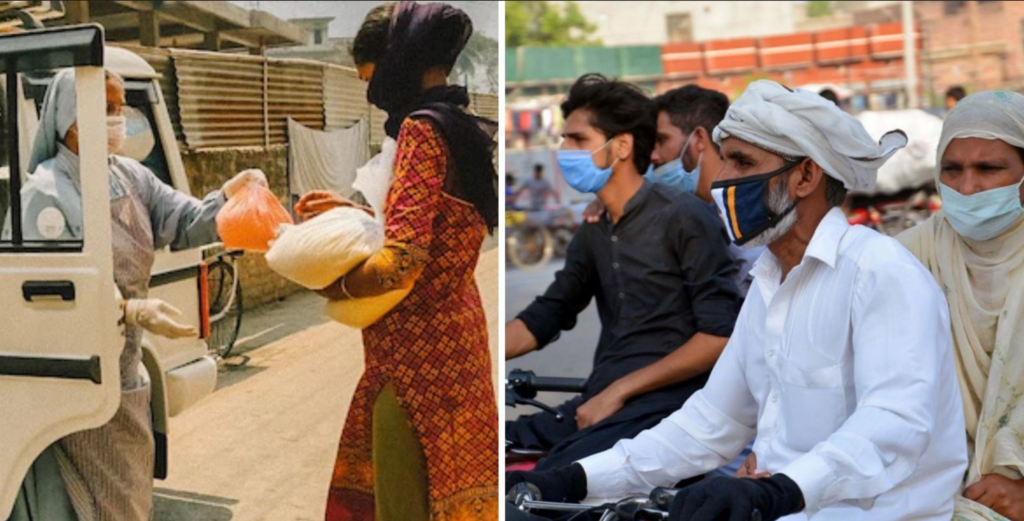John Carpay – The Post Millennial
While Canadians, Americans and Europeans have suffered greatly from lockdown measures, people in developing nations have been hit even harder. An Oxfam study presents a disturbing survey of suffering around the world, some examples of which are mentioned in this column.
Globally, the equivalent of 305 million full-time jobs have been lost, with women and young people who work in the informal economy being especially hard hit. Domestic helpers, street vendors, delivery drivers and daily wage labourers on construction sites have been pushed into poverty or worse.
Lockdown travel restrictions have prevented many farmers from planting or harvesting crops, and denied them access to markets to sell their produce and to buy seeds and tools. Pastoralist communities have been unable to move their animals to seasonal sources of food and water, affecting the health of their livestock and its value at sale. The middlemen who collect vegetables from farms and take them to market have been unable to visit, depriving many farmers of a vital source of income.
Lockdown measures in Afghanistan have ravaged an already frail economy, slashing national revenues by 30 percent compared with 2019. Border closures have also taken their toll on the supply routes for food and other essentials, causing abrupt and large price increases for cooking oil, wheat flour, sugar and other supplies. Famine threatened the lives of up to 5.5 million people in South Sudan even before lockdowns, and the quarantining of cargo drivers has led to delays and higher food prices.
When the Indian government imposed a 21-day nationwide lockdown on March 23, millions already living precariously on the brink of hunger were suddenly tipped over the edge. An estimated 40 million predominantly lower-caste migrant workers were made jobless overnight. Facing starvation and disease in the overcrowded slums they call home, and with public transport shut down, hundreds of thousands of people began walking sometimes hundreds of kilometres back to their villages.
Lockdown restrictions on travel also left farmers without a migrant labour force at the peak of the harvest season, forcing many to leave crops in the field to rot. Lockdowns prevented traders from reaching tribal groups and forest dwellers who depend on selling forest products such as tamarind and karanj seeds.
The closure of street food vendors in South Africa, which support an estimated 500,000 livelihoods and provide food for 70 percent of township households, has had a dramatic impact on both the farmers that supply them and on what people can buy and eat—with many people consuming fewer fresh fruits and vegetables.
Across the world, lockdown measures have harmed access to markets, food production and food prices. Perishable products such as fruit, vegetables and milk have gone to waste because of market closures. Like warring armies, lockdowns destroy markets and warehouses, suspend food imports, and cut transportation links.
When food prices increase, the poorest are hit the hardest, because their food costs represent a large portion of household expenditure. Even the smallest increase in food prices, or a small drop in income, can cause them to skip meals or to eat less nutritious food. Monthly $2,000 CERB benefits do not exist in developing nations. Unemployment means not being able to eat, and not being able to feed your children.
According to Worldometer, COVID-19 deaths have now surpassed one million globally. However, the actual number is smaller because many jurisdictions over-report COVID-19 deaths by including anyone who had the virus at time of death, even if the virus did not cause death.
How many people in developing nations have lockdowns killed, to date? And how many more will die in the months ahead? Hard data on lockdown deaths in the developing world does not yet exist.
But considering the large populations of India (1.3 billion) and Africa (1.2 billion), and considering how many of these 2.5 billion people were already living from hand-to-mouth before lockdown measures were imposed, lockdown deaths in developing nations will surely be counted in the millions, killing far more people than COVID-19 has or would.









